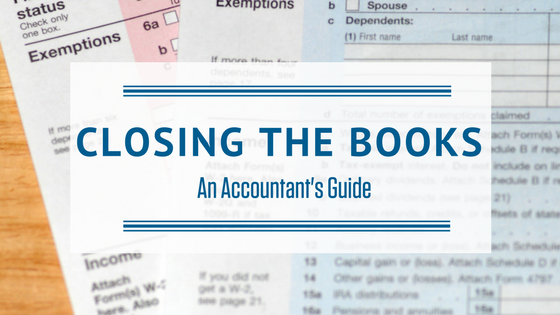As its name indicates, the trial balance allows us to check that there are no mismatched entries at the accounting close. In addition, it provides information on the operations carried out during the year and shows us a very useful image regarding the situation of the company at a specific moment.
The accounting closing is the process by which your company can know what the result of the exercise has been, that is, know if you have obtained profits or losses. To do it correctly you must review all the accounts well.
Although it is true that supervising the annual results of the company directly concerns both the controller and the financial director and, therefore, the correct interpretation of the closing is key, it is the accountant who deals with the financial closing of the company.
The controller is responsible for management control as an information system for management and other managers. His role is developed by applying management control globally and not as to date, only from the administrative / financial department. Although it is true that financial supervision is one of its outstanding functions. And the accounting closing is of great help.
For his part, the financial director supervises taxes, treasury, accounting and finance, in addition to being in charge of optimizing financial costs. Obviously, he also takes into account the results of the accounting closing.
Closing, which is usually carried out in the last months of the year, entails the regularization of the income and expense accounts to obtain the result of the year, the net worth accounts and the closing of all the accounts with a balance so that the same stay at zero.
The most important thing is to keep in mind that the annual closing is the sum of twelve-monthly closings. Ideally, the closing of each month takes place more or less on the same day. In this way, the company can better compare the data obtained.
Therefore, the objective is the supervision and monthly planning, to carry out a last annual analysis. And it is that the accounting closing is an essential tool for planning and decision-making. The sooner you detect possible errors, the sooner you can correct them.
Essential points for a good accounting closing
Balance check sums and balances. At the closing date we must check that there are no inconsistencies in the balances. That is, the objective is to have a square balance.
Reclassification of debts from long term to short term. It is important to plan what is the most appropriate way to manage this process.
The variation in inventories to correct the result of the year based on the merchandise consumed. It gives us clues about the status of the stock.
Depreciation provisions for tangible and intangible fixed assets. The objective of this section is to verify the correct accounting and classification of fixed asset items, their amortization and their correct valuation.
Providing all kinds of provisions is something that must be reflected in the accounting so that in this way the foreseen contingencies are recorded.
The accrual of certain income and expenses. Key factor for company decision making.
Completion of the corporate tax entry, once all the previous adjustments have been made.
Entry for the regularization of income and expenses and for the closing of the financial year. Therefore, conclusion of the credit balance or debit balance.
What is the purpose of the trial balance?
Let's dwell for a moment on the objectives of the trial balance. As we anticipated before, its purpose is to verify that the entries balance correctly.
When the closing is done well, the company can use this document to obtain real data on how the accounts are. Do you need to know if they fit? The trial balance will tell you.
Therefore, it could be said that the trial balance has a technical and an informative purpose. The technical objective is met when we can check if there have been errors in the General Ledger or if, on the contrary, the amounts coincide with those recorded in the Journal.
On the other hand, thanks to the trial balance, companies can see all the information of the General Ledger in a clear and synthesized way. When these data are combined with those of the balance sheet, it will be possible to know the state of the company's financial situation.
what is strata management?
Strata management refers to the management and administration of multi-unit property complexes such as apartment buildings, townhouses, and condominiums. It involves a range of services, including maintenance of common areas, financial management, administration of by-laws and regulations, and communication with owners and tenants. Strata management is typically carried out by a professional strata management company, which is responsible for ensuring the smooth operation of the property complex and ensuring that the needs of all stakeholders are met. Effective strata management is crucial to ensuring the long-term value and viability of a property complex, as well as the comfort and satisfaction of its residents.
All about the accounting closing of a company






